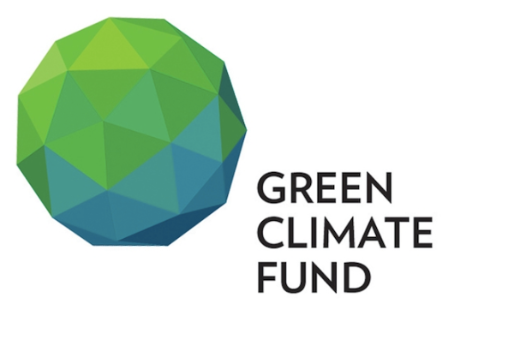
Appropriators Should Support the Green Climate Fund
It is a dangerous and unpredictable world. With terror in the Middle East, continued Russian incursions into Ukraine, tensions over borders in the South China Sea, and many other threats, our military has many missions to prepare for, even as Congress cuts the military budget.
Unfortunately, we do not get to choose the next war, and global crises are not constrained by budgetary concerns like “sequestration.” In a world already facing many threats, militaries around the world have recognized a new one: climate change.
In order to fight this new threat, as the Appropriations Committee considers the Fiscal Year 2016 State and Foreign Operations appropriations bill, it is important that the Senate supports the $500 million for the Green Climate Fund (GCF) that was requested in President Obama’s budget. Although the subcommittee’s legislation did not include funding for the GCF, Senators should consider an amendment that would fund the new institution.
The U.S. Department of Defense reminds us that climate change poses immediate risks to our national security. Our military bases are vulnerable and will require expensive investments to simply stay above water. Our homeland security is directly threatened by extreme weather events. And, climate change will act as a “threat multiplier” that increases the risks of conflict around the world.
While no war is caused by temperature increases alone, the effects of climate change – drought, sea level rise, or extreme weather events – will amplify already existing threats like hunger, poverty, refugee migration, and resource conflicts. The American military will be called to intervene, even as we react to impacts at home, and that means that we must prepare.
Our nation must employ a multi-front strategy to manage this risk: this is not a military mission alone.
As our national security leaders are assessing where other countries’ climate vulnerabilities lie, and planning for contingency operations, the U.S. Treasury is engaged in the development of the Green Climate Fund in order to reduce climate vulnerabilities and increase the resources that partner countries can devote to deploying cleaner energy technologies. This is a smart, cost-effective ways to integrate our foreign policy, energy security, and national security goals.
The US has pledged a $3 billion investment in the Green Climate Fund. Additional commitments to the Green Climate Fund from other countries have brought the total current capitalization to over $10 billion. This new fund will use public and private financing to help poor countries adapt to climate change and to invest in clean, low-emissions energy resources.
This year’s $500 million down-payment to the GCF is cost-effective because it will address the threats presented by climate change before American troops have to be deployed. This investment is a continuation of American leadership: in 2008, the Bush Administration gave $2 billion of a worldwide $8 billion investment in the Climate Investment Fund, a predecessor to this fund.
As world leaders prepare for next year’s Paris climate conference, these steps demonstrate credible efforts to implement real solutions. If the U.S. fails to lead on climate change, whether in the Paris negotiations or with funding for the GCF, we will only encourage other countries like China or India
When other countries fear the effects of climate change, helping prevent the worst scenarios can build goodwill beyond just climate preparedness – it can build stronger diplomatic bonds across a range of national priorities.
After major disasters strike, the U.S. military is often the only organization with the logistical capabilities to respond in time in a large enough force to make a difference. Targeted investment before disasters hit could build resilience so we have fewer military missions.
If America acts now to tackle climate change, we have the opportunity to strengthen our national security, and increase our global influence through deft exercise of diplomacy. We know that “an ounce of prevention is worth a pound of cure” – it is simply good risk management.





